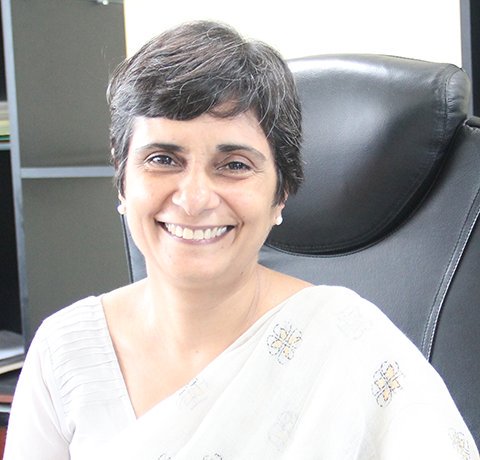
Indian woman scientist of Royal society rues lack of investment in S&T in India

Dr Gagandeep Kang, the first Indian woman scientist to enter the Royal Society as a fellow, hopes that her entry opens gateway for many more women to enter the coveted circle.
The Royal Society is the oldest scientific academy in the world that has been working continuously for almost four centuries now. Nobel laureate Venki Ramakrishnan, who is the president of the Royal Society, announced the fellowships. Dr Kang, who is the executive director of the Translational Health Science and Technology Institute (An autonomous institute of the Department of Biotechnology, Government Of India) was one among the 51 scientists were elected Fellows of the Royal Society last week. Dr Kang, who has been working in the field of research relating to viral infections in children and testing of rotaviral vaccines, has more than 300 published papers to her credit. She has also been chairing the WHO SEAR’s Regional Immunisation Technical Advisory Group, since 2015.
Talking to The Federal, Dr Kang (56) says that her main focus is on making new vaccines as fast as possible. “I also want us to improve the scale and quality of clinical research conducted in India, spanning the range from early phase clinical research to implementation strategies,” she added.
Calling her induction into the society an appreciation for the work done in India, she added, “I am truly delighted that the quality of the work being done in India has been recognised internationally. As far as being the first woman to be elected, I certainly hope that many more will follow and rapidly.”
Considering that there is a small group of women in the field of science and research, Kang maintains that the challenges for them are the same as in any other field. “In science and research, women face the same challenges that they face in every professional field–our society needs to enable women to work, not hobble or deny them. With acts of omission and commission by individuals and organisations, women often do not get the recognition they deserve,” she said.
Ruing the lack of government support, she also observed that the investment needs to increase. “Advanced countries in the world does invest significantly in science and technology, and our investment is small and growing too slowly,” she says.
Kang joins Princeton professors Manjul Bhargava and Akshay Venkatesh in the Royal Society.

